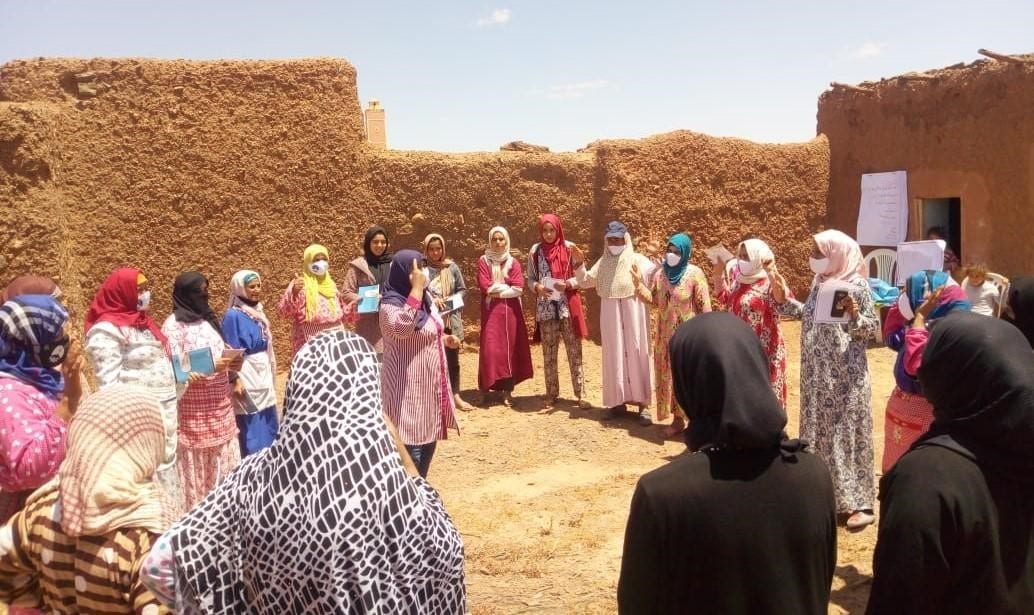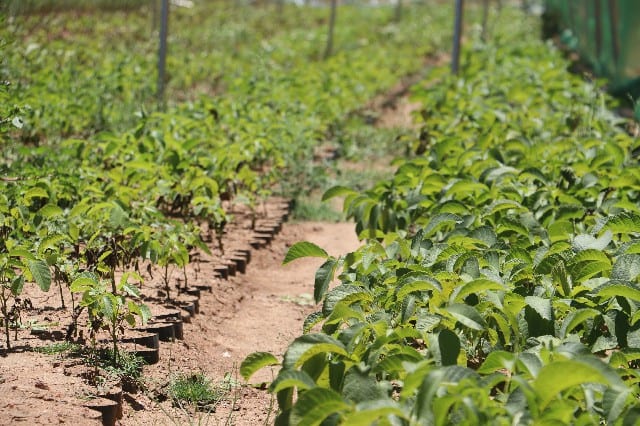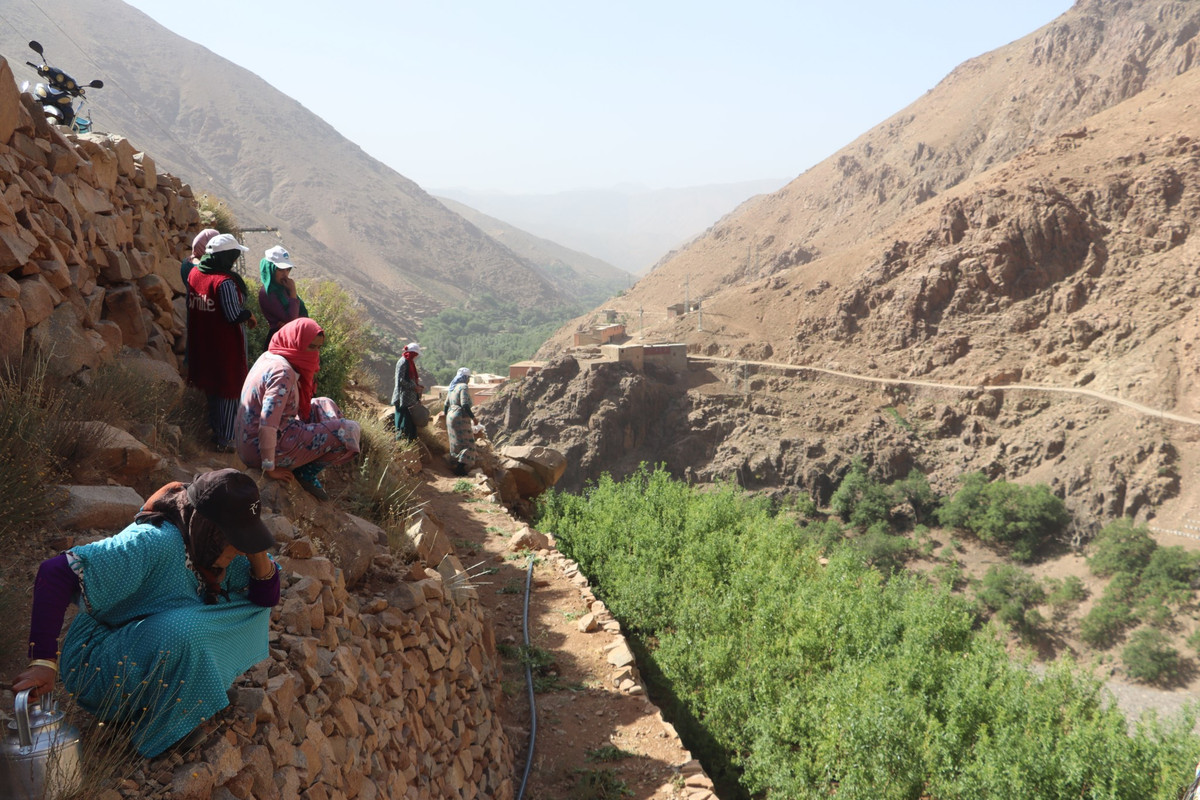The Sustainable Development Goals (SDGs) or Global Goals are a collection of 17 interlinked global goals designed to achieve a better and more sustainable future. The SDGs were set up in 2015 by the United Nations General Assembly, to be achieved by 2030. Nations around the world adopted these goals in recognition of the fact that ending poverty must be done in tandem with strategies that improve health and education, reduce inequality, and drive economic growth, while tackling climate change and preserving our oceans and forests.
The 17 SDGs are: (1) No Poverty, (2) Zero Hunger, (3) Good Health and Well-being, (4) Quality Education, (5) Gender Equality, (6) Clean Water and Sanitation, (7) Affordable and Clean Energy, (8) Decent Work and Economic Growth, (9) Industry, Innovation and Infrastructure, (10) Reducing Inequality, (11) Sustainable Cities and Communities, (12) Responsible Consumption and Production, (13) Climate Action, (14) Life Below Water, (15) Life On Land, (16) Peace, Justice, and Strong Institutions, (17) Partnerships for the Goals.
On June 6, 2021, the United Nations Research Institute for Social Development (UNRISD) held a side event for the 2021 HLPF titled From Science to Practice: Harnessing Research to Build Forward Better. At this forum, a panel of experts from around the world discussed how research often fails to find its way into policy-making circles due to technical, cultural, political, institutional and financial barriers.
Unfortunately, progress on the 17 SDGs lags far behind. COVID-19 in particular has been challenging, and in some cases, the pandemic has exposed the gaps between the latest scientific discoveries and policy-making. While research and innovation alone cannot get us the 17 SDGs by 2030, collaboration across civil and political society can help get us there.
SDG 2’s aim is to end hunger, achieve food security, and promote sustainable agriculture. At the forum, the experts highlighted some of the challenges that SDG 2 faces while pursuing sustainable agriculture. For instance, the overexploitation of resources by industrial farming, exclusion of smallholder farmers, increasing precarity of subsistence farming, shifting consumption patterns, and the role of global trade in creating new nutrition challenges. Some recommendations to address these challenges were supporting farmers, drawing on local and traditional knowledge, and building collaborative networks.
In our increasingly connected world, we must find a way to bring together scientists and experts from different fields alongside public policy specialists and NGOs who can highlight historically marginalized voices. HAF’s Farmer-To-Farmer (F2F) program is an embodiment of this situation. F2F is a USAID initiative which aims to bring volunteers with expertise in numerous phases of the agricultural development value chain, including tree and plant nurseries, irrigation, cooperative-building, food safety, and commercialization of processed products to Morocco and other countries. The F2F program has demonstrated how volunteers can help individuals and organizations build local communities, bring new knowledge, and strengthen existing sustainable agriculture practices.
The COVID-19 pandemic, although devastating, showed how volunteers can even be useful in a virtual scenario. USAID encouraged F2F implementers to pair local volunteers with remote American volunteers to collaborate. HAF’s first partnership happened in the Tassa Ouirgane village in the Marrakech-Safi region. The results of this assignment include the young women registering as a formal cooperative. These women took this opportunity to learn, grow, and challenge themselves and societal norms. As F2F engages small farmers, this benefits both the farmers and the environment. Additionally, F2F builds on traditional Moroccan knowledge with the latest research on sustainable agricultural practices through volunteers. Hence, HAF’s implementation of F2F directly contributes to the pursuit of SDG 2.
Sustainable agricultural practices are sorely needed to protect the environment, preserve and expand the Earth’s natural resources, and improve soil fertility. Unfortunately, promoting industrial agriculture cannot be the answer to achieving food security through unsustainable agricultural practices. Hence, HAF helping small farmers learn and practice sustainable agriculture practices will help both economic development and achieve SDG 2.
Samirah Jaigirdar is a student at Connecticut College and an Intern at the High Atlas Foundation.





